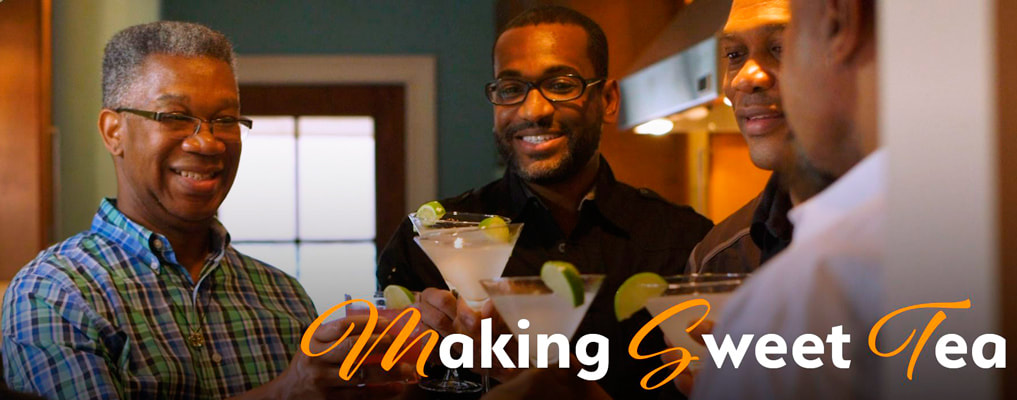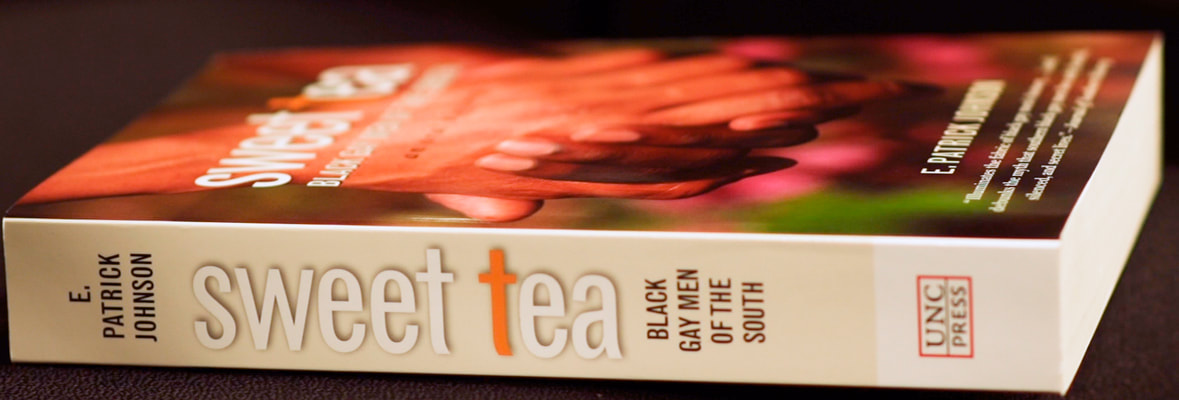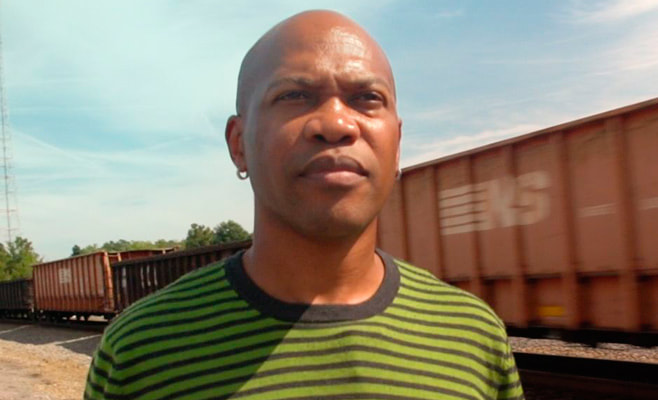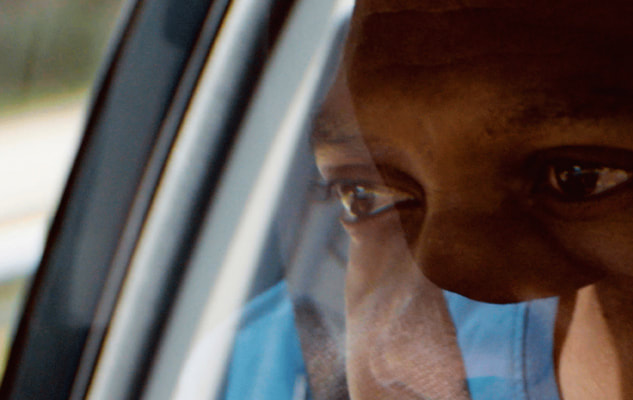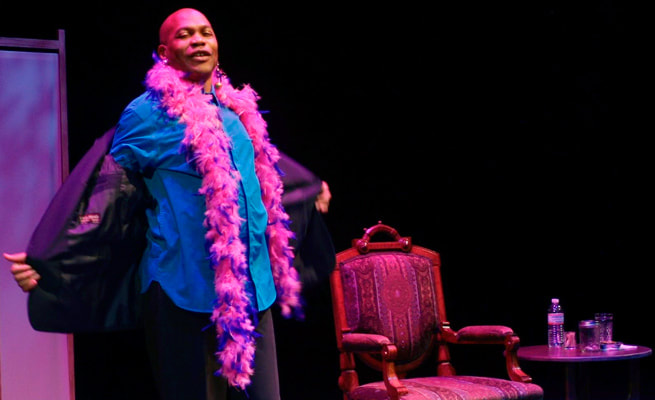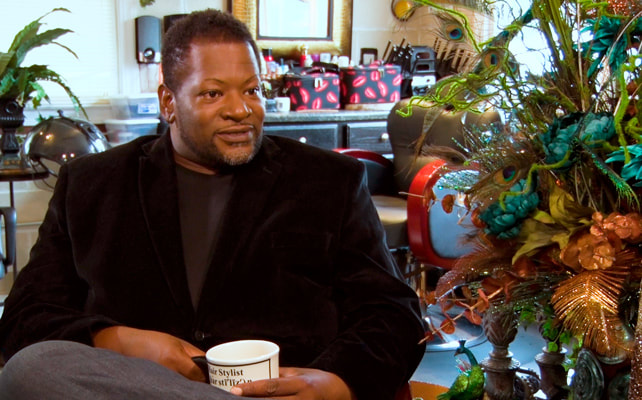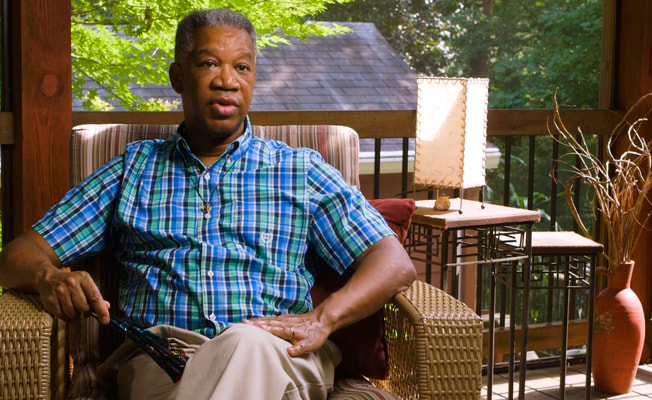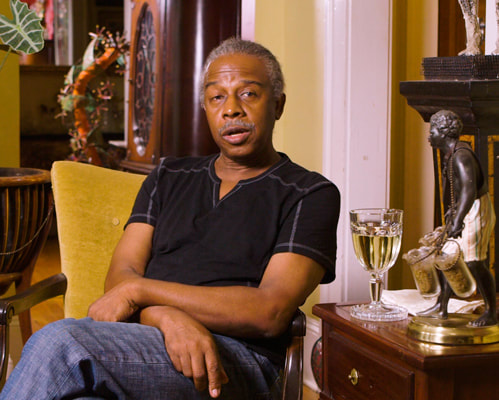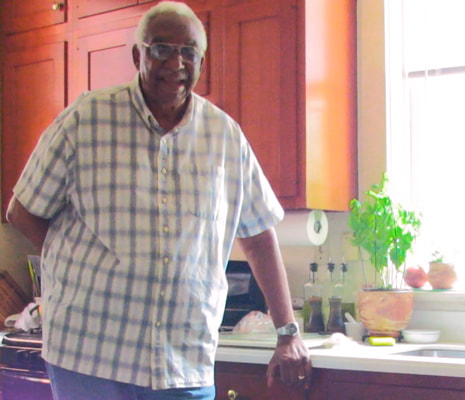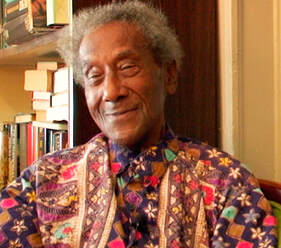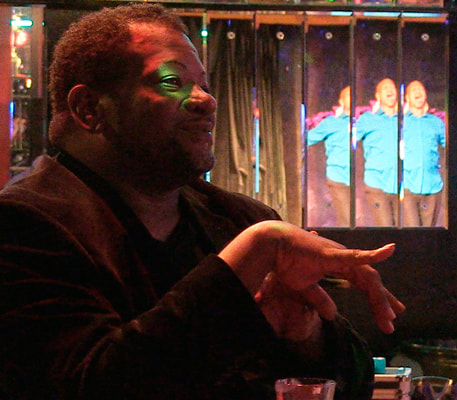Making Sweet Tea
by Paulette Reynolds
January 24, 2022
by Paulette Reynolds
January 24, 2022
Making Sweet Tea
Documentary
Director: John L. Jackson, Jr. and Nora Gross
Distributed by Random Media
Twitter : @MakingSweetTea
Documentary
Director: John L. Jackson, Jr. and Nora Gross
Distributed by Random Media
Twitter : @MakingSweetTea
“Sweet Tea Doesn’t Always go down easy and may not even quench your thirst. It all depends on how you make it.”
Making Sweet Tea is a documentary by stage actor and historian, E. Patrick Johnson. Based on his book, Sweet Tea: Black Gay Men of the South - An Oral History *2008, and his one man-show “Pouring Tea”.
Making Sweet Tea is a documentary by stage actor and historian, E. Patrick Johnson. Based on his book, Sweet Tea: Black Gay Men of the South - An Oral History *2008, and his one man-show “Pouring Tea”.
We all know what the beverage is - a strong tea with plenty of sweetness and a few ice cubes. Some people brew it on the stove and others prefer to set it in the sun for an extra burst of energy (after adding a quartz crystal).
This drink can refresh or sooth us, and depending on the type of tea used, sweet tea does give us the ability to see things a little more clearly.
This drink can refresh or sooth us, and depending on the type of tea used, sweet tea does give us the ability to see things a little more clearly.
Now “spilling tea is gossip and sharing the tea is sharing something about yourself.” In this instance, sweet tea refers to the “truth about life”.
E. Patrick Johnson takes us on a journey, beginning from his hometown, Hickory, North Carolina. He fondly recalls that his family may have been poor, but “we were rich in other ways.”
E. Patrick Johnson takes us on a journey, beginning from his hometown, Hickory, North Carolina. He fondly recalls that his family may have been poor, but “we were rich in other ways.”
Making Sweet Tea weaves the experiences of six black gay men from the south against the backdrop of Johnson’s play, undergoing rehearsals in 2016.
Flowing from the play and the men - Charles, Duncan, Shean, Freddie, Harold and Cousin Vivian - we’re privileged to witness them spilling and sharing their most personal memories of “tea”.
We see through the multi-faceted prism of systematic racism, anti-gay, and religious bigotry what they have struggled with, "Hell, all you get is pitchforks and bad music,” quips Duncan.
Their histories of love, AIDS, and activism serve to inspire us in our own personal lives, as they relate tales filled with humor and hope. Ever the quipster, Duncan remembers how his coming out experience turned into the inevitable family drama. "I was going to come out to them”, he sighs, “but in a nice restaurant."
Their histories of love, AIDS, and activism serve to inspire us in our own personal lives, as they relate tales filled with humor and hope. Ever the quipster, Duncan remembers how his coming out experience turned into the inevitable family drama. "I was going to come out to them”, he sighs, “but in a nice restaurant."
In a world that laid out strict rules for heteronormative males, our six heroes - together with their Pied Piper E. Patrick, celebrate their lives by surviving losses, dishing their stories through artistic expression, friendship and love.
Along the way, their fierce pride in choosing to be "comfortable with the skin I'm in,” creates a blueprint for building self-esteem and empowerment.
Along the way, their fierce pride in choosing to be "comfortable with the skin I'm in,” creates a blueprint for building self-esteem and empowerment.
COPYRIGHT 2012/2022. Paulette Reynolds. All CineMata Movie Madness blog articles, reviews, faux interviews, commentary, and the Cine Mata character are under the sole ownership of Paulette Reynolds. All intellectual and creative rights reserved.
